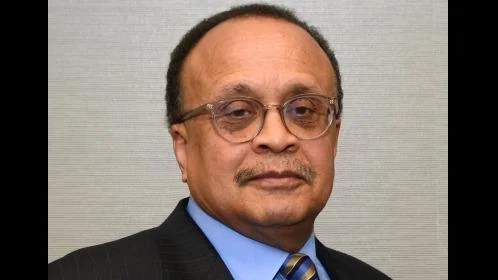U.S. Attorney Morris Pasqual | U.S. Department of Justice
A Chicago attorney has been indicted on federal fraud charges, accused of providing false information to U.S. authorities to secure immigration benefits for his clients. Gerardo Dean, who owned a law office in Chicago and represented a company operating skilled-nursing facilities, is alleged to have conspired with company employee Felicitas Cordero. According to an indictment from the U.S. District Court in Chicago, they submitted fraudulent H-1B and EB-2 visa petitions for individuals from the Philippines.
The indictment claims that Dean and Cordero falsely represented that these foreign nationals were offered managerial or supervisory roles at the company. In reality, they were expected to work as staff or registered nurses at lower pay rates than stated in the petitions. The two are also accused of instructing the foreign nationals to provide misleading information during consular interviews overseas.
Dean and Cordero allegedly collected money from these foreign nationals for their assistance in obtaining visas fraudulently. Additionally, Dean reportedly received payments from the company for his role in the fraudulent activities.
Both Dean, 58, from Park Ridge, Illinois, and Cordero, 76, from Buffalo Grove, Illinois, face one count of conspiracy to commit immigration fraud and three counts of immigration fraud each. They appeared before U.S. District Judge Manish S. Shah and pleaded not guilty.
The announcement of the indictment was made by Morris Pasqual, Acting United States Attorney for the Northern District of Illinois; Sean Fitzgerald, Special Agent-in-Charge of Homeland Security Investigations in Chicago; Mark Woods-Hawkins, Special Agent-in-Charge of the U.S. Department of State Diplomatic Security Service’s Chicago Field Office; and James Mead, Special Agent-in-Charge for the Great Lakes Region at the U.S. Department of Labor's Office of Inspector General. Assistant U.S. Attorney Prashant Kolluri represents the government.
It is important to note that an indictment only contains charges and does not serve as evidence of guilt. The defendants are presumed innocent until proven guilty beyond a reasonable doubt at trial.




